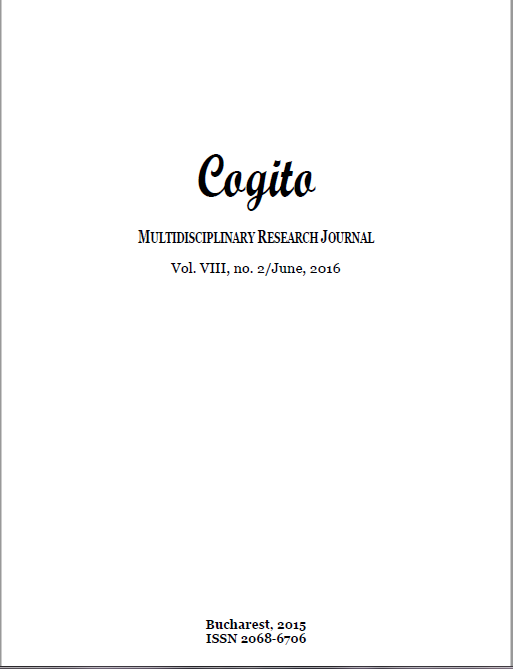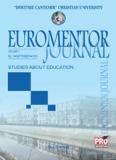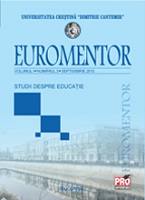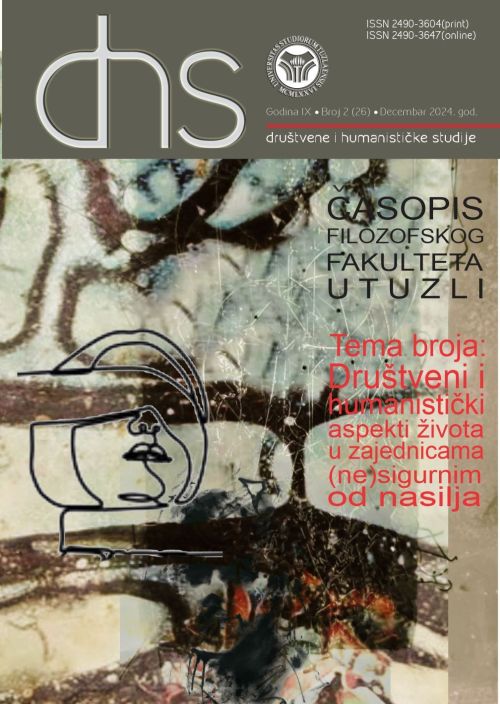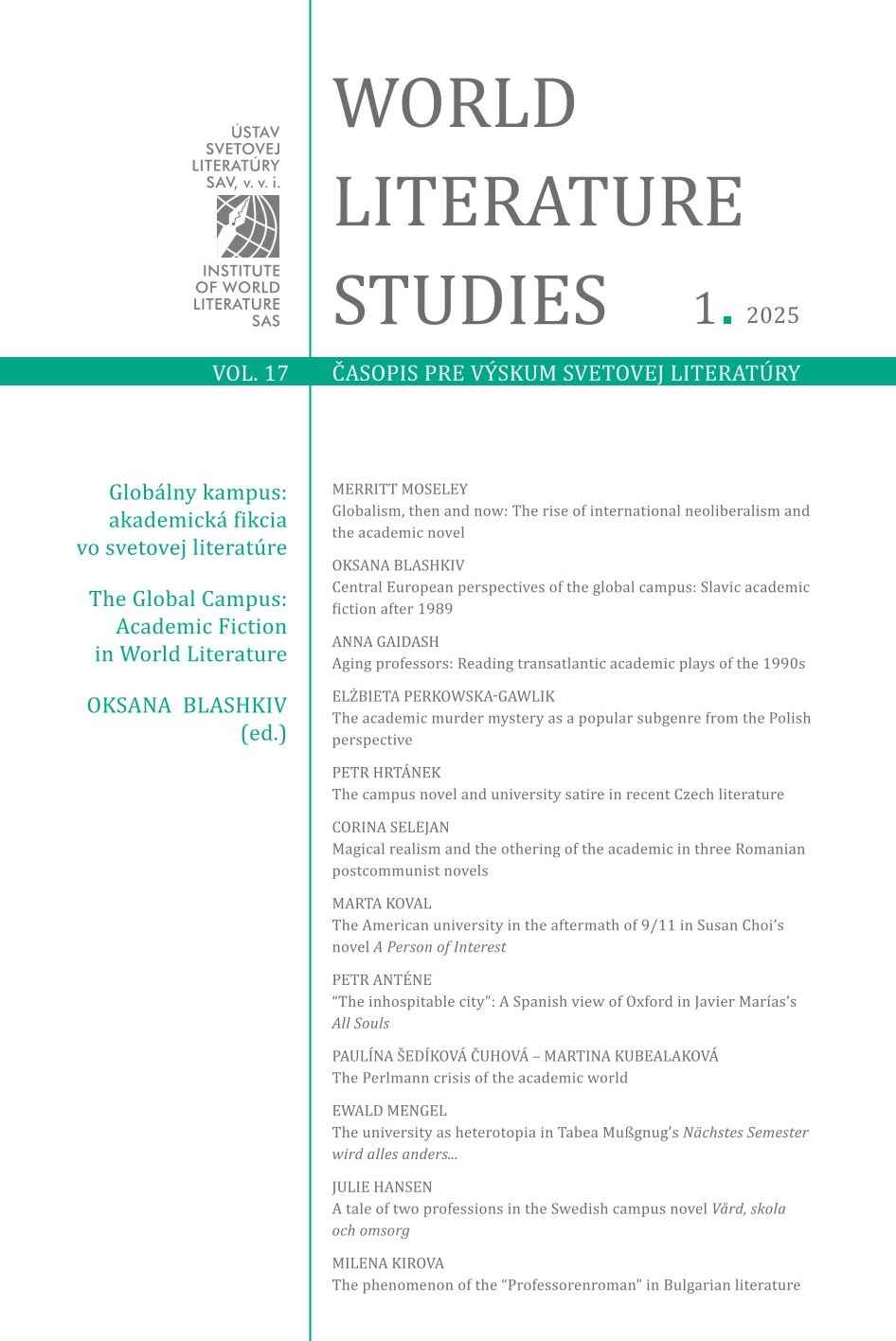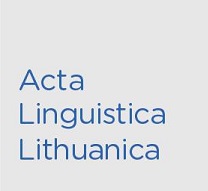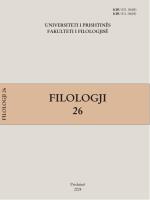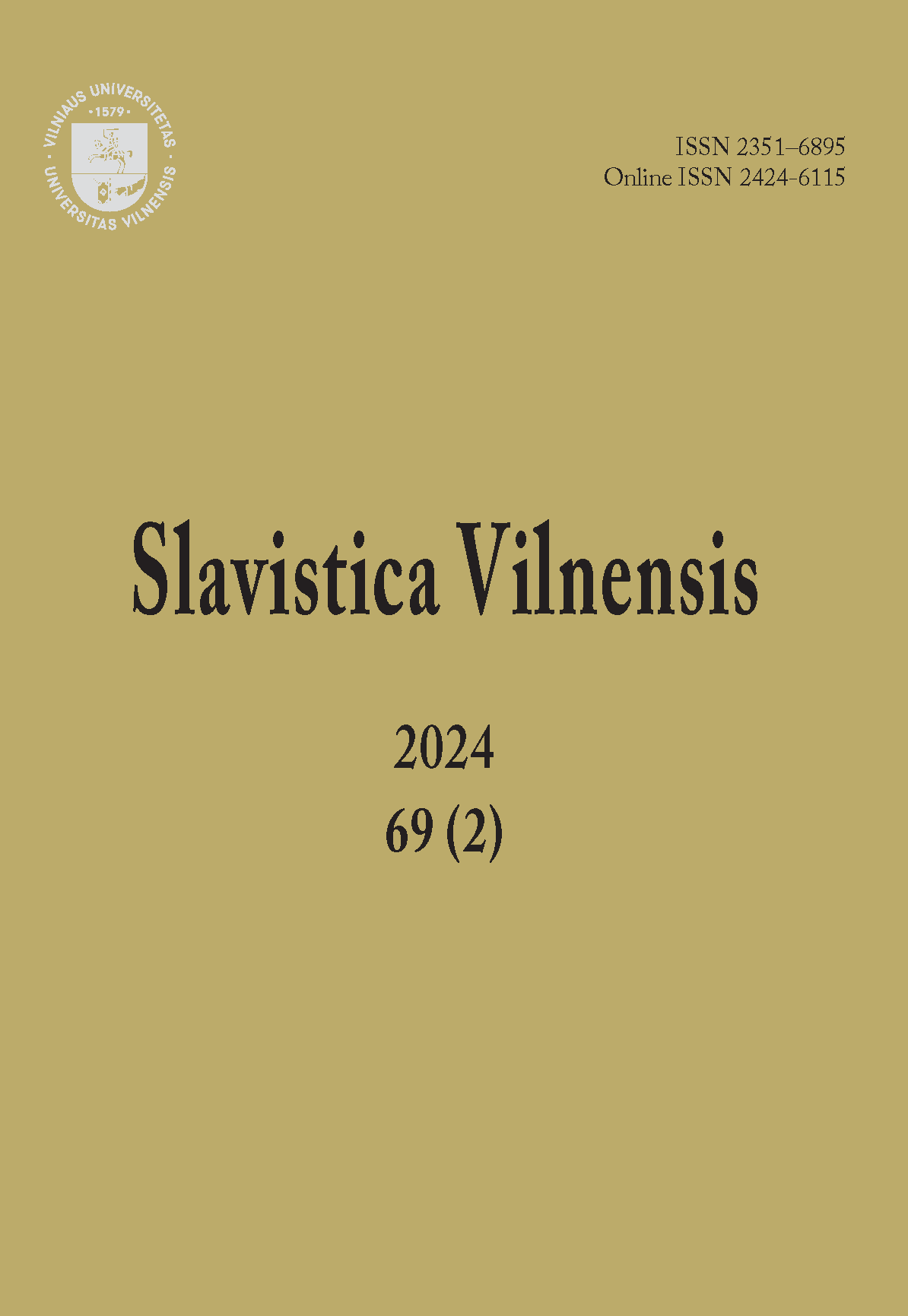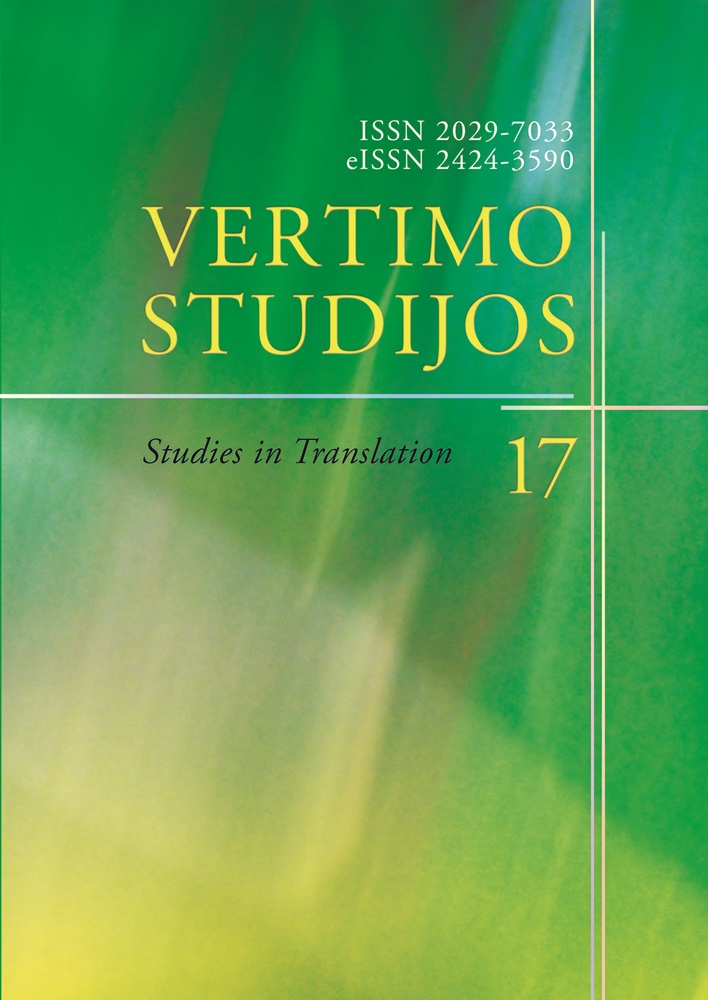Обидни думи или дискурсивни маркери за солидарност
This article focuses on the solidarity uses of certain insults in Bulgarian language. “Solidarity uses” refers to the usage of axiological terms as terms of endearment to mark social proximity between subjects. The attenuation of conventional meaning under solidarity uses shows the relevance of relational and attitudinal notions for the negotiation of meaning. It further establishes that at least in some cases, the analysis of linguistic interpretation require a multidisciplinary approach, most specifically where the relation between Semantics and Pragmatics is concemed.
More...
